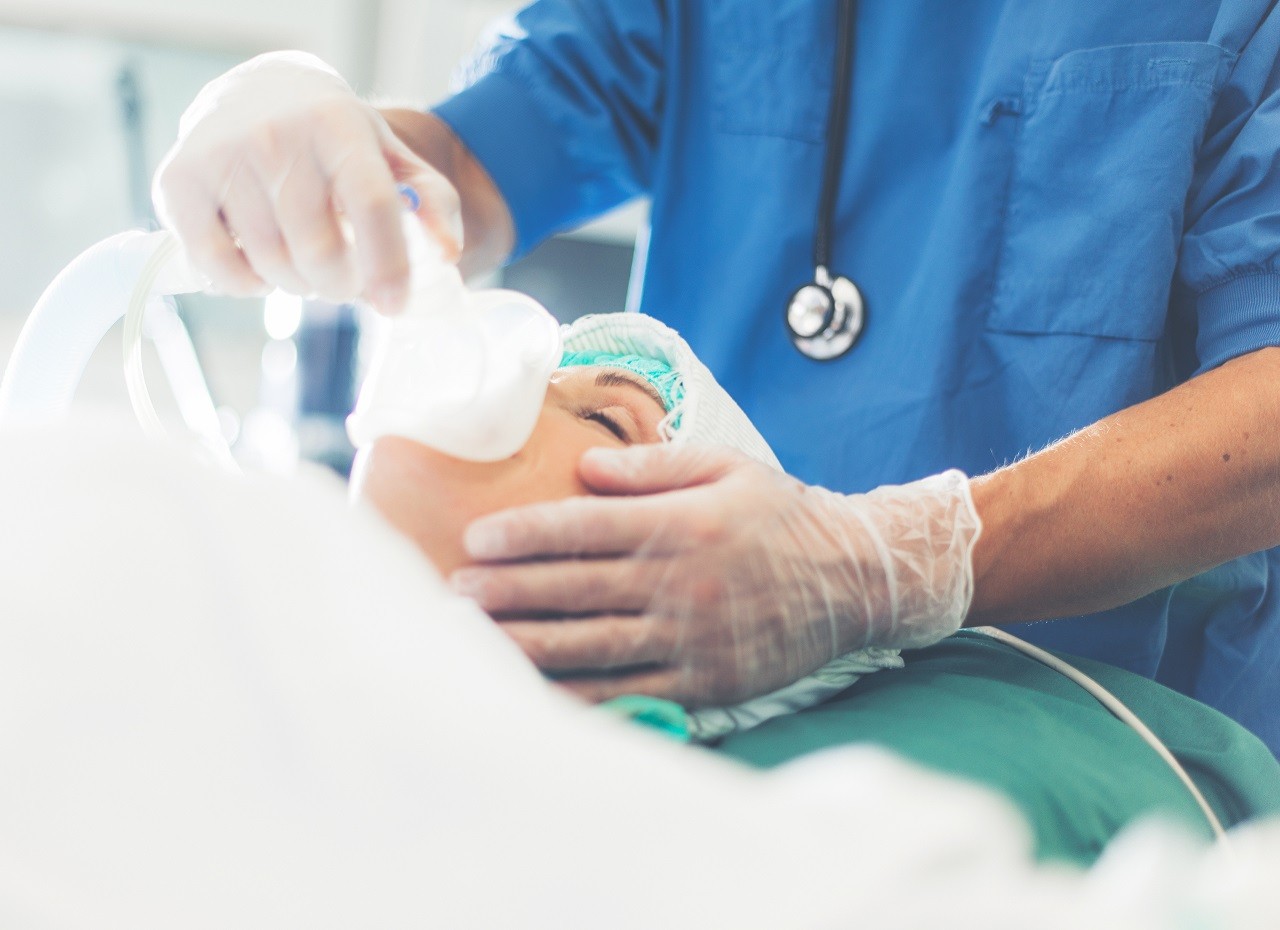
Moore-Bridenbaugh Anesthesia Research Fellowship
Program Summary
Virginia Mason's section of Anesthesiology offers a one-year anesthesia research fellowship program under the leadership and supervision of Fellowship Director David Auyong, MD, along with an outstanding team.
The purpose of the fellowship is to help ensure the vitality and quality of anesthesia care around the world by supporting fellows interested in performing meaningful, supervised research and engaging in scholarly activities as they prepare to pursue roles in academic anesthesia medicine. As fellows participate in valuable research and clinical experience under the guidance and mentorship of expert faculty members, they gain new insights and collaborate with physician-scientists to generate new knowledge, with the aim of using the fellowship year as a springboard for a future academic and clinical career.
This opportunity focuses on graduates of anesthesiology residency programs who are board-certified or board-eligible anesthesiologists interested in participating in clinical or bench research without limitation to any particular subspecialty in anesthesiology.
Curriculum
The goal of the Moore-Bridenbaugh Anesthesia Research Fellowship program is to provide a unique and challenging research experience, complementing the fellow’s clinical experiences, to include:
- Perform meaningful, supervised research and engage in scholarly activities.
- Learn a multidisciplinary team approach to medical research and serve as a valued and important contributor to the team.
- For clinical studies, examine records from a population of patients in the context of a high-volume anesthesia service, both outpatient and inpatient.
- Study, analyze, write, present, and publish on multiple aspects of anesthesiology at Virginia Mason.
How to Apply
To apply, please contact Kelsey Hanson, Academic Specialist, to ascertain if the program is accepting applications at the current time, and if so, submit the following documents the year prior to the start of fellowship training:
- Cover Letter
- Curriculum Vitae
- Goal Statement addressing:
— Detailed interests and career aim in research
— Experience with medical research, including scientific writing, data analysis/statistics, IRB processes, and research in a clinical setting - Three Letters of Recommendation with phone and email contact information for each reference writer, including one (1) letter from the director of your residency program
If you have questions, please contact:
Kelsey Hanson
Academic Specialist
Kelsey.Hanson@commonspirit.org
